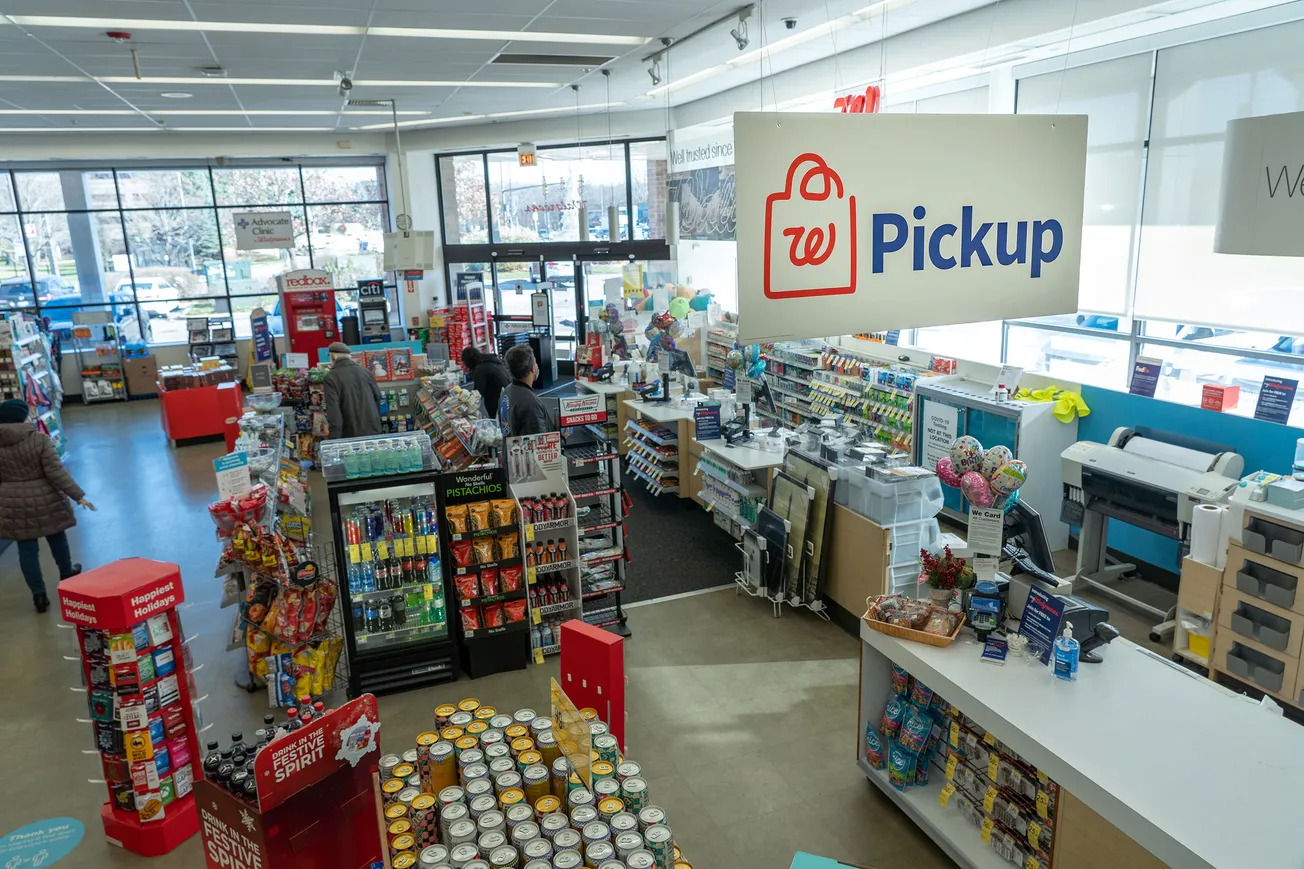WASHINGTON – The Merchants Payments Coalition welcomed Senator Roger Marshall’s call for Congress to pass the Credit Card Competition Act.
“Back home, I’ve crisscrossed Kansas, meeting with small business owners across the state,” Marshall said. “And in every meeting, they look me in the eye, and they say they need some type of relief. The price of business is simply too high. Unfair outrageous swipe fees from Wall Street and the Visa-Mastercard duopoly are pulling the rug out from under them, making it unaffordable to do business.”
“For too long, the Visa-Mastercard duopoly has used its money and influence in Washington to turn politicians’ eyes away from predatory swipe fees,” Marshall said. “Right now, the Visa-Mastercard duopoly and four megabanks are robbing our American small businesses at the highest rate in the world.”
Marshall said Kansas small businesses, hotels, franchise owners and other merchants say they could sell goods at a lower price and hire more employees “if only they could get Wall Street out of the way of Main Street’s success.”
Marshall’s remarks came this afternoon on the floor of the Senate, where he has offered an amendment that would secure a vote on the CCCA.
“It’s time for Congress to provide small businesses and consumers with relief from out-of-control credit card swipe fees,” MPC Executive Committee member and National Association of Convenience Stores General Counsel Doug Kantor said. “Americans pay the highest swipe fees in the industrialized world, but those fees could be reduced if the card industry had to compete the same as small businesses do every day. The CCCA would make that happen.”
The CCCA is aimed at credit card swipe fees, which average 2.26 percent of the transaction but can range as high as 4 percent. Credit and debit card swipe fees have more than doubled over the past decade and reached a record $172 billion in 2023. They are most merchants’ highest operating cost after labor, driving up prices by an estimated $1,102 a year for the average family.
The fees have risen because of lack of competition: Visa and Mastercard – which control over 80 percent of the market – each centrally set swipe fees charged by banks that issue cards under their brands rather than allowing banks to compete to offer the lowest rate. They also block transactions from being processed over competing networks that offer lower rates and better security.
The CCCA would ensure that credit cards issued by the nation’s largest banks be enabled to be routed over at least one competing network like NYCE, Star, Shazam or Discover in addition to Visa or Mastercard’s networks. Banks would choose which networks to enable but merchants would then choose which to use, resulting in competition over fees, security and service expected to save merchants and their customers $16.4 billion a year.
Financial institutions with less than $100 billion in assets – including all community banks and all but one credit union – would be exempt, credit card rewards would not be affected and nothing would change about how cards are used.









